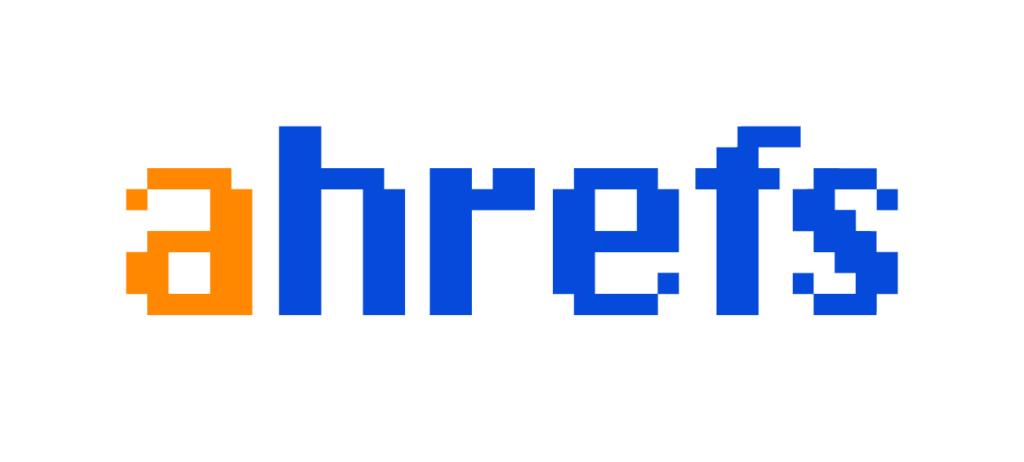Your potential audience uses search. When they look for something in your niche, you want them to consume your content. That’s why you incorporate search engine optimization into your content development.
But how do you know what people are searching for? What words and phrases do they use? What questions are they asking? And who’s delivering that information now?
Here are four SEO tools that we know will help you get answers to those questions.
Semrush
Semrush is among the best keyword research engines on the market. It gives you two options to extract keywords for your industry.
First, enter a seed keyword and Semrush will create a comprehensive list of related keywords.
Second, have Semrush show a list of all the keywords your competitors rank for.
In our experience, many of these keywords are nearly impossible to find with competing SEO tools. You start by entering a competitor’s domain name, choosing a country, and looking at the organic search section.
You can see the relevant keyword(s) search volume and a traffic cost (an estimate of how valuable that traffic is based on AdWords CPC).
If you see a domain with plenty of organic search traffic, but with a low traffic cost, it means the site isn’t converting much of that traffic to paying customers.
This information helps you to focus your efforts on using keywords in your content that convert and make you money.
Cost
- $99 to $374.95/month (billed annually)
Pros
- Comprehensive keyword research feature
- Plenty of long-tail keywords and variations you can’t find anywhere else
- Keyword Magic feature pulls keyword suggestions directly from the SEO tool’s database of over 800M terms
- Simple competitor keyword analysis
Cons
- Semrush might appear complex and confusing to first-time users
- Expensive for solo content entrepreneurs
Ahrefs
Ahrefs is used by SEO professionals as their go-to analysis tool, but many people aren’t aware of its killer keyword research feature.
Referred to as the “Keyword Explorer,” this new and improved version offers super in-depth information for each keyword you enter.
One major benefit for content entrepreneurs who concentrate on particular topics is that you can save and segment keywords into lists for future reference.
Entering your keywords into this SEO tool will give you all the data on the search volume, variations and similar keywords found. You also get a breakdown of the competition for your chosen keyword.
Our personal favourite is the “Keyword Difficulty” rating. This rates keywords based on how much effort is needed to rank for them on a scale from one to 100 (most difficult).
Knowing that a keyword is harder to rank for helps to prepare you for the work ahead. The good news is that Ahrefs does show you how many backlinks you need to rank No. 1 for any keyword.
Cost
- $7/seven-day trial
- Plans range from lite at $99/month to agency at $999/month
Pros
- Easy-to-use keyword research tool
- Accurate keyword difficulty rating
- Shows your competitors’ rank for the keyword(s)
- Shows paid advertising for the keyword(s)
- Supplies data for 171 countries
Cons
- Some search volume data is inaccurate
- Tool fails to show search volumes for all low-volume keywords
- Expensive for solo content entrepreneurs
Ubersuggest
When you’re looking for topic ideas or keywords that will help achieve your content goals, Ubersuggest is a great starting point.
If you need a couple of primary or long-tail keywords, type a few words into the search bar. The keyword analyzer presents a keyword overview, search volume for those keywords, and a difficulty ranking for SEO.
You also get a set of keyword suggestions and a short list of content ideas. The latter helps you to discover trending topics. It also offers you a sneak peek into the pages that currently rank for the keywords associated with your topic.
Ubersuggest is a simple way to find low competition keywords to incorporate and improve your content’s chance of ranking higher.
Generating organic exposure for your content relies on understanding how people search for your topic. Ubersuggest helps you with this goal by uncovering the phrases your readers regularly use.
Cost
- Free for basic keyword ideas
- Individuals $12/month
- Business plans $20 to $40/month
Pros
- Up to three free searches per day
- Content ideas analyzer
- Simple and effective keyword research tool
- Quick and easy to use
Cons
- Not responsive on a mobile device
Google Keyword Planner
Yes, Google Keyword Planner may seem a vanilla option when compared to the other choices we’ve shown you. Why use it?
For starters, the data comes from Google, the most popular search engine in the world. Secondly, it’s a simple way to create a keyword plan.
There are two ways to use it. You can search for keyword ideas by clicking “discover new keywords.: This lets you enter words related to your products or services to get a list of results.
Alternately, enter any website address and Google will look for keywords related to the content on that site. We find this feature invaluable for identifying content that ranks well on a competitor’s website or to find content gaps you can use to your advantage.
Finally, the “Top of Page Bid” feature tells you how much people are bidding for a particular keyword in paid search. You might see a top page bid of $30, which means that someone is spending or willing to spend up to $30 per click. Higher numbers mean more commercial intent. This is useful information to know when you’re planning an ad campaign and need to stick within your budget.
We suggest you use it to edit and filter your keyword lists so that you can narrow down the appropriate keywords for your content.
Cost
- Free
Pros
- Easy to use
- Data is generally trustworthy
- Free to use
Cons
- Does not offer an extensive list of related keywords
- Google does not assign a difficulty rating to its keywords
Add to your toolbox
Great content isn’t enough. You need an audience to find it first. With these SEO tools, you can know better the topics and terms they would use to discover content in your niche. Then, you can create content, titles, tags, and more that will attract their attention.









